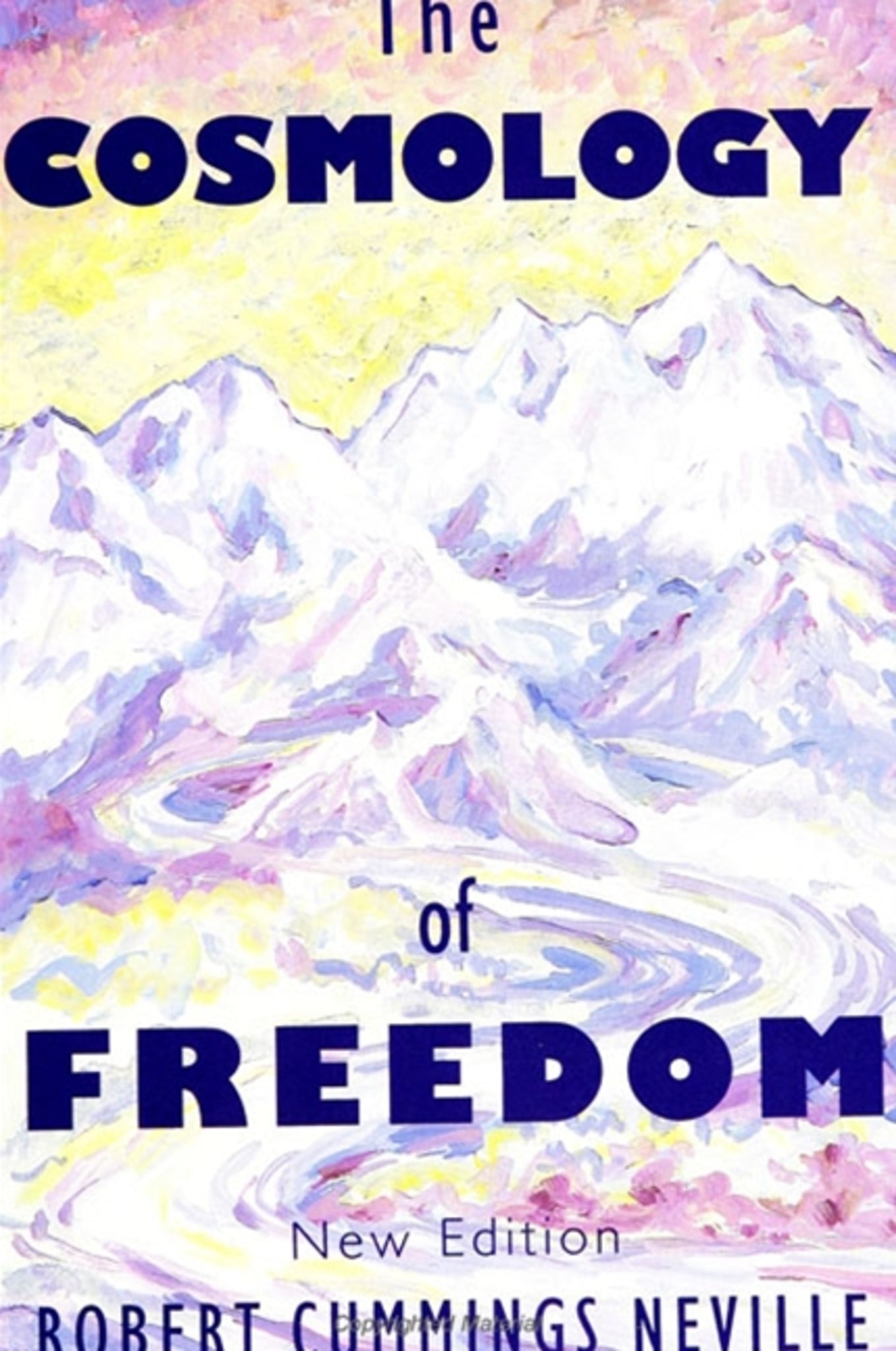We're sorry. An error has occurred
Please cancel or retry.
The Cosmology of Freedom

Some error occured while loading the Quick View. Please close the Quick View and try reloading the page.
Couldn't load pickup availability
- Format:
-
19 October 1995

The book shows the connections between the personal and the social dimensions of freedom, and how all the meanings of freedom are functions of the natural cosmos.
Neville's The Cosmology of Freedom corrects the tendency to believe that freedom consists in one thing alone, for instance not being constrained, or being able to choose between live options, or participating in a democratic political process. He lays out in systematic fashion the connections between personal dimensions of freedom, such as external liberty (Hobbes), the ability to act on the basis of one's intentions (Spinoza), choice between live options (James), and creativity (Whitehead), and social dimensions of freedom, such as opportunity (Du Bois), social pluralism (Dewey), integral life-style (Tillich), and participatory politics (Dahl). Discerning the nuances of these dimensions of freedom, it becomes a matter of experience and empirical investigation to determine in specific circumstance whether, in what senses, and to what degree a person or society is free.
To distinguish and to relate these senses of freedom, a broad philosophical perspective is required. Neville provides a functional philosophical cosmology that shows how all the senses of freedom are functions of the natural cosmos. In conjunction with his theory of divine creation in God the Creator, this book is an important argument for reconciling human freedom and divine creativity.


Preface to the New Edition
Preface
Part 1: Freedom and Cosmology
1. Freedom as an Intellectual Problem
The Task
The Hypothesis
Abstractions
Freedom and Theory
2. The Cosmological Scheme
Metaphysical Categories
Cosmological Categories
Individuals
3. A General Theory of Value
The Dialectical Question of Value
Participation
Aristotelian Criticism and the Paradoxes of Participation
Experiential Evidence
Part 2: Personal Freedom
Preliminary Remarks
4. External Liberties
Internal and External
Prehension
Discursive Individuals
Organisms and Persons
External Liberties
5. Intentional Action
Freedom and Free Will
Causation
Will
Intentionality
6. Free Choice
Determinism and Alternatives for Choice
Possibilities and Potentialities
Responsibility
Determinism and Conditions of Choice
Decision
Reasons
7. Freedom in Creativity
The Discernment of Values
Normative Invention
Creativity and Personal Freedom
Part 3: Social Freedom
Preliminary Remarks
8. Freedom of Opportunity
Social Values
Values, Rights, and Freedoms
Freedom to Participate in Culture
Freedom to Participate in Organized Society
Freedom of Historical Action
9. Freedom of Social Pluralism
The Public and the Private
Dewey's Public and McLuhan's Media
The Environment-Creativity Thesis
The Right to Privacy
Social Pluralism
10. Freedom of Integral Social Life
Social Conditions
Social Meaning
Social Change, Revolution, and New Sensibilities
A Pluralistic Style of Integral Social Life
11. Freedom of Political Life
The Principle of Participatory Democracy
Power, Conflict, and Social Change
Wisdom, Authority, and Expertise
Institutions and Government
The Limits of Freedom
Bibliographical Essay
Index



